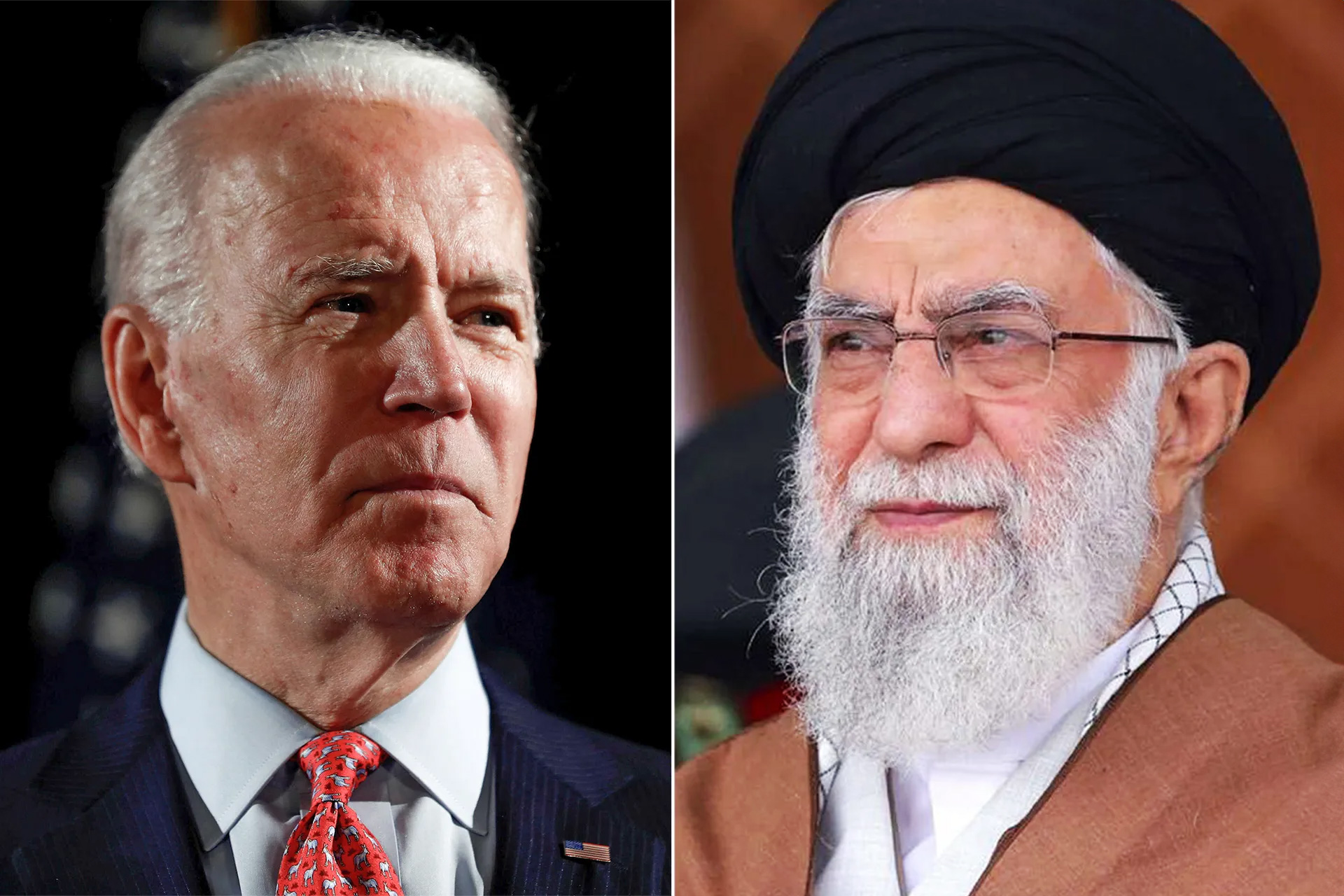Al Jazeera Net correspondents
Rafah– More than 100 days after the ongoing Israeli war on… Gaza stripThe spread of famine has become widespread, posing a threat to the displaced Gazans in Rafah, Palestine. However, the war and population displacement led to the emergence of volunteer initiatives to help the displaced Egyptians on the border with the besieged Gaza Strip.
An Egyptian volunteer told Al Jazeera Net, “We are fighting for time to deliver some food and canned drinking water to our displaced brothers from across the Gaza Strip to… Rafah“.
Ahmed Al-Baik is one of the young volunteers to deliver aid from the border fence to the displaced Gazans in the “Al-MawasiIt is the closest border point to the Strip with Egypt, southwest of the city of Rafah, and now houses about half of the Strip’s population, which numbers about 2.2 million people.
Al-Baik told Al-Jazeera Net, “We sneak with difficulty towards the separation fence and offer some canned food for the purpose of satisfying a child and making others crucified.”
But he added, “The amount of aid we provide is very small compared to the numbers and needs of the displaced, but we cannot bring in more than that,” noting that the openings of the iron and mesh border fence are narrow, “and we often face difficulties in obtaining permission to bring in this aid from the Egyptian forces stationed for surveillance.” “.
A chance to survive
Many of the displaced people in the Al-Mawasi and Tal Al-Sultan areas in Rafah, Palestine, view this aid as an opportunity to escape hunger after more than two months in which thousands of families spent in the streets and experienced displacement operations south several times, until they reached close to the barbed wire separating the Gaza Strip and the peninsula. Sinai.
These displaced people face difficult humanitarian conditions, as many of them cannot secure food or drinking water, and some of them have left shelter centers in schools of the United Nations Relief and Works Agency for Palestine Refugees (UNRWA).UNRWA) due to the lack of food aid, but they faced tragic conditions near the Egyptian border.
Mahmoud Saad, a young man in his thirties, provides his simple assistance – as he puts it – to the displaced. He told Al Jazeera Net, “We are trying to bring in aid, which is mostly drinking water and some biscuits and canned goods that we can bring through the narrow openings of the fence so that the hands of the displaced and their children on the Palestinian side can grab it, and it is considered a lifeline to cling to life.”
Speaking to Al Jazeera Net, Saad points out that the border area on the Egyptian side has no residents at all, and the volunteers are either workers in companies active near the fence, or employees who can reach the border points, “and there are no residents residing normally, otherwise the situation would be “We were able to bring in large amounts of aid.”
Also, those entering the area are prohibited, under strict security instructions, from carrying phones equipped with cameras, so they were unable to document the conditions of the displaced people in the adjacent border area.
Electricity and water supply
The displaced people who settled near the border fence between Palestinian and Egyptian Rafah were able to charge their mobile phones and light devices thanks to the provision by a volunteer working in the field of contracting of an electrical system carried on a truck (a fuel-powered electric generator), which stopped on the international road inside Egyptian territory in the area between the border fence. And the concrete wall that separates it by a few meters.
Regarding the security measures taken by the Egyptian authorities in this area, Ahmed Alyan, one of the volunteers to relieve the displaced, says, “We ask the soldiers assigned to monitor and guard the observation points along the border to allow us to provide some food and drink to the children who are waiting for us.”
He added to Al Jazeera Net, “Some of the soldiers allow us to do that, and some of them help us supply the children with some food, and sometimes the soldiers absolutely refuse our presence in the place, despite our pleading with them, but we avoid that by passing by the fence, throwing cans randomly, and fleeing the area immediately so that none of us are harmed.” .
Alyan points out that the process of providing the displaced with some simple food aid – as he put it – does not take place daily, but when the opportunity presents itself and time allows them to approach the border fence. He said, “We provide light aid to satisfy the hunger of children who are waiting for our arrival, and the aid provided is only sufficient for a very limited number of them.”
He said that a number of displaced people went to one of the watchtowers on the Egyptian border at the beginning of the week, and asked the guards in the tower to connect clean water to nearby tents for use in drinking and cooking, and the tower forces promised to prepare a water source for them as soon as possible.
According to eyewitnesses in the region, on Monday, the Egyptian authorities extended plastic “hoses” across the Mediterranean coast to deliver water to the displaced Gazans in the border area near the fence separating Egypt and the Gaza Strip, in a voluntary and unofficial manner.
Sources for the Sinai Foundation: The Egyptian authorities supply the displaced people on the Palestinian side of Rafah with water through plastic lines that were passed from the border fence on the sea coast through the Philadelphia axis.
The Sinai Foundation obtained special photos showing the Egyptian authorities supplying plastic lines across the sea coast, to deliver water… pic.twitter.com/MXMdTrwbIR
— Sinai for Human Rights (@Sinaifhr) January 21, 2024
Tents for displaced Gazans are spread near the border fence separating the Gaza Strip and Egyptian territory, where the Sinai Peninsula is located, and at a distance of about 10 meters from the fence and within sight of the soldiers charged with monitoring the border inside the area. Philadelphia Axis.
The area is still witnessing an accumulation of tents and an increase in the number of displaced people, with the continued Israeli bombing of various areas of the Palestinian city of Rafah.






